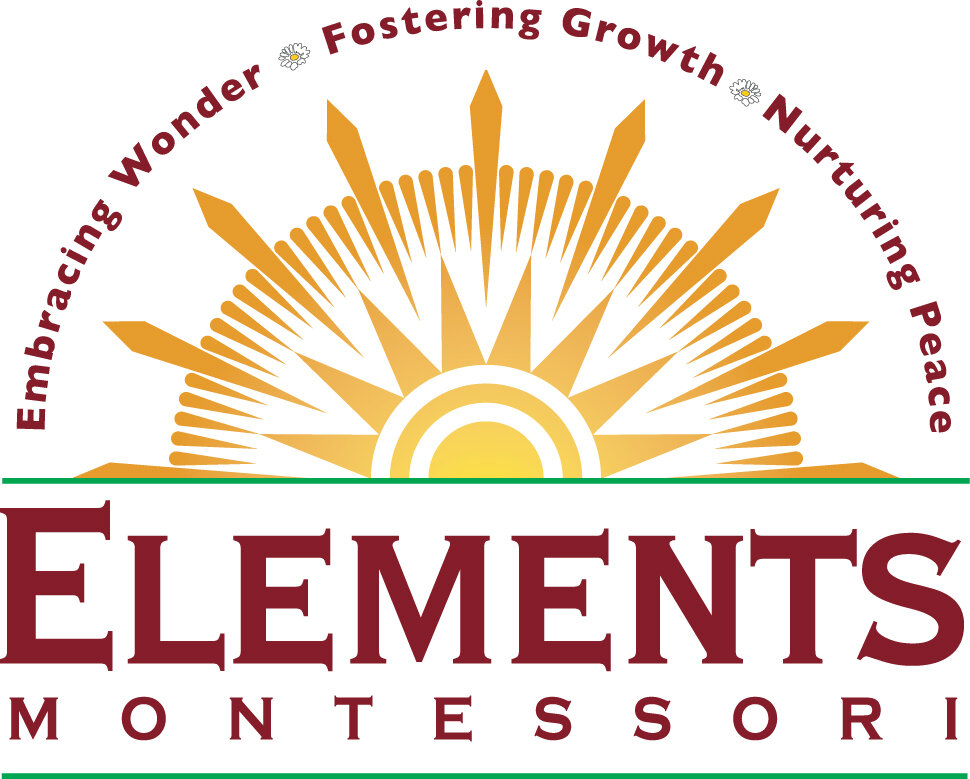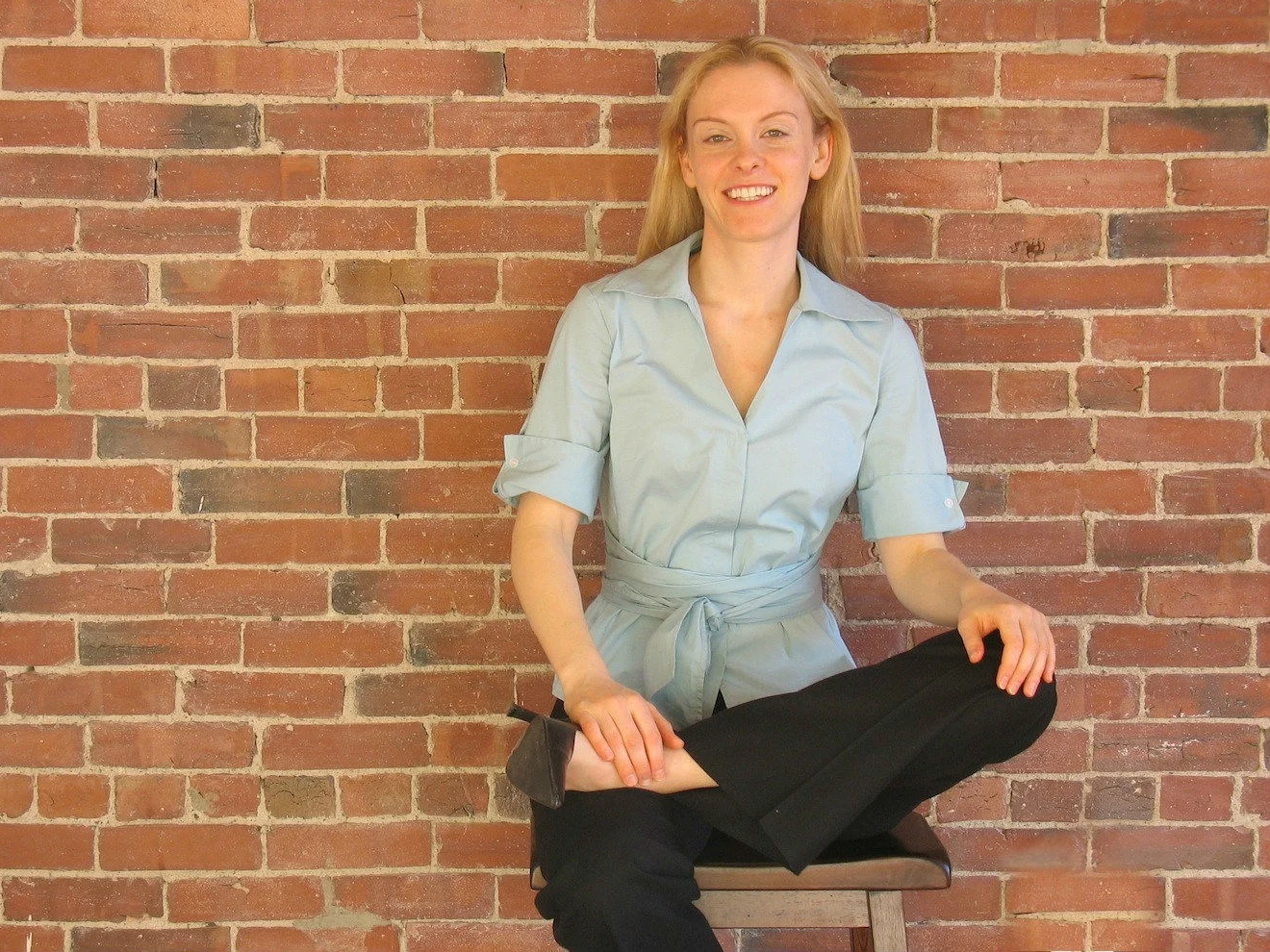More About Maria Montessori
More about Maria Montessori and the Montessori Method applied within Elements Montessori School on the South Shore in Duxbury, Massachusetts.
MORE ABOUT DR. MARIA MONTESSORI
“This is the treasure we need today – helping the child become independent of us and make his way by himself and receiving in return his gifts of hope and light.” ~Dr. Maria Montessori
Physician and Educator
Maria Montessori (1870-1952) was an Italian physician and educator. She graduated from medical school with honors, spending the last two years of her studies focusing on pediatrics and psychiatry. Early in her career as a physician, she spent a significant amount of time working with children experiencing cognitive delays, various illnesses, and disabilities. At that time, these children were thought to be unteachable.
Freedom and Independence
Montessori allowed children to have free choice of materials, uninterrupted work, and freedom of movement and activity within the limits set by the environment. She began to see independence as the aim of education. She saw the role of the teacher as an observer and director of a child's innate psychological development. Montessori felt that children could reach new levels of autonomy and become self-motivated to reach new levels of understanding when encouraged to work independently.
Confidence and Purpose
Dr. Montessori also implemented a number of practices that became hallmarks of her educational philosophy and method. She replaced traditional furniture with child-sized tables, placed child-sized materials on accessible shelves, and emphasized the importance of self-care and the care of the environment. She incorporated large open areas in the classroom encouraging children to come and go as they please within the different learning areas. She emphasized the importance of engaging children in activities related to practical life to develop both confidence and a sense of purpose.
Reading, Writing, and Arithmetic
The children in her programs demonstrated abilities beyond what was expected for their age. They also exhibited advanced proficiency in writing and reading that attracted the interest of educators, journalists, and public figures around the world. Montessori devoted the rest of her life to developing and teaching her methods across the globe. She developed specialized teaching materials still used in the classroom today. Mathematical materials including manipulative beads, stamps, and physical shapes emphasize sensorial feedback and hands-on learning.
Children’s and Women’s Rights Advocate
She began to travel, study, speak, and publish nationally and internationally. During this time, she became a prominent advocate for women's rights and the education for children who were mentally disabled. As a devoted humanitarian, Montessori was nominated three times for the Nobel Peace Prize for her advocacy for peace and her commitment to the education of children. Montessori's book, The Montessori Method, presents her educational theories and methods in detail. For more information about Dr. Maria Montessori, please visit the following websites:



